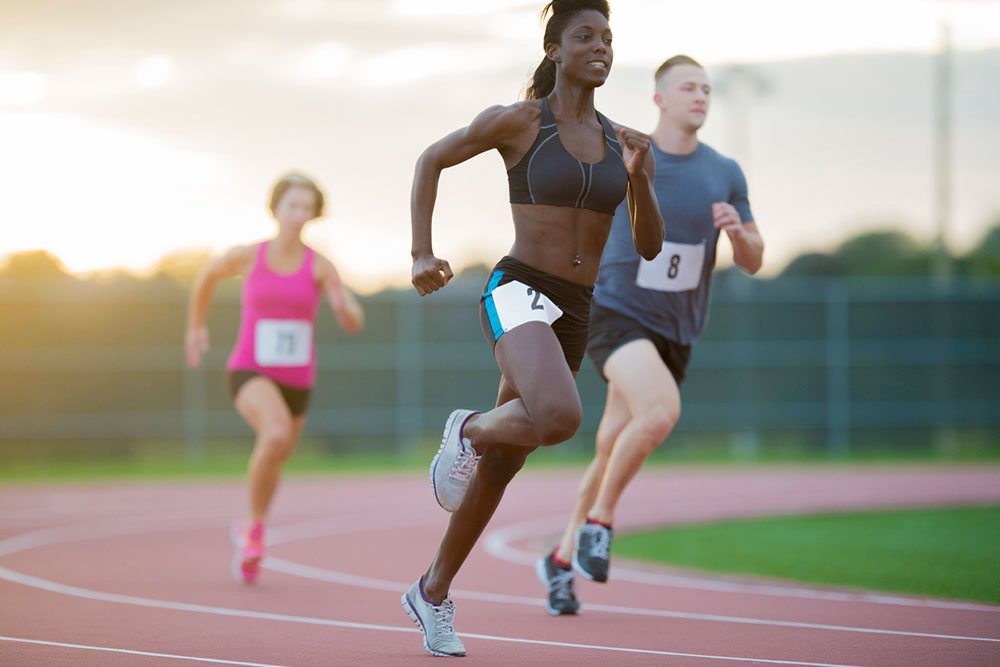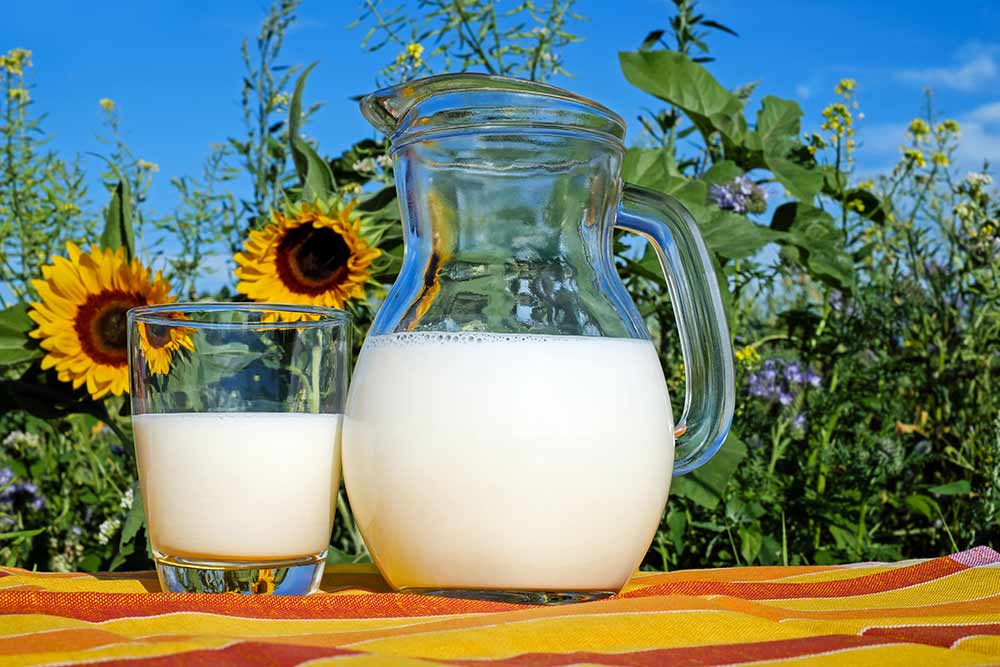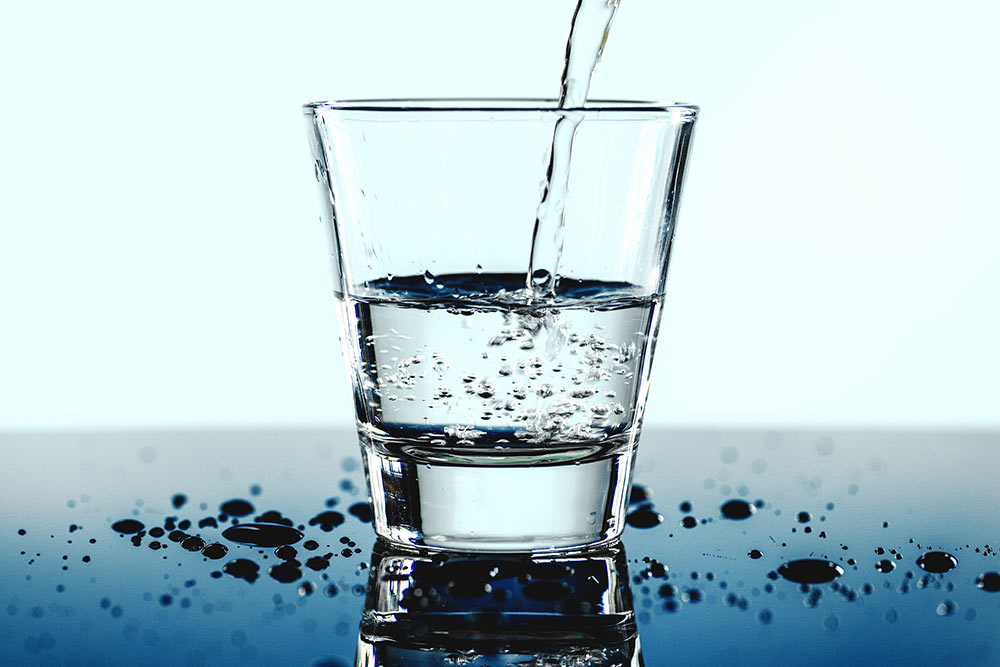Out Sleep Your Opponents: The Effect Of Sleep On Performance

Dayton Kelly
This article was adapted from a combination of speeches given at the European Sports Science Conference 2017, most notably Knufinke, M. et al. [Netherlands].
As you probably know, working out when your tired is not fun. That you do not work as hard when you are exhausted is probably something you could have told me. This a major problem for athletes because these populations have been observed to have poor sleep habits and night time competition has been shown to reduce sleep quantity and quality the evening of the event. This leads us to wonder how important sleep is to performance.
Related Article: Exercise Induced Sleep Improvements
Looking to the literature:
When it comes crunch time, athletes that have had their duration of sleep reduced demonstrate compromised reaction time, motor skills, aerobic exercise, and a host of other physiological parameters. Additionally, affective qualities such as motivation and mood seem to be reduced. This has been demonstrated by a number of studies that have reduced sleeping in athletes and measured changes in their performance. As well, a number of studies increasing sleep time past normal values and have demonstrated increases in these same performance outcomes. However, in many cases, sleep duration has been altered so dramatically that these effects may not actually be representative of the sleep patterns of athletes. Novel research has endeavored to determine the effects only 2 hours of sleep loss make on performance.
The Effect Of Sleep On Performance:
A recent study reduced sleep duration by two hours and measured cognitive and motor performance. Three aspects were assessed: reaction time, fine motor skills and gross motor skills. Of these only fine motor skills did not display significant impairment after sleep deprivation. While the effects were small they were still detectable and when repeated over the course of a game may contribute to a much larger resulting performance impairment.
Related Article: 7 Tips to Get You Sleeping Again
Conclusions:
Even small changes in sleep duration, to the magnitude of two hours, can affect performance. Whether other measures of performance such as endurance and muscular strength are responsive to small changes in sleep duration remains to be elucidated. One thing though seems certain, the next time game day rolls around, it will be worth your while to get some sleep!
(adsbygoogle = window.adsbygoogle || []).push({});
You Might Like:
Are Plant-Based Protein Drinks Effective for Exercise Recovery?
Dayton Kelly This article was adapted from a combination of speeches given at the European Sports Science Conference 2018, most notably Meghan Brown (UNIVERSITY OF GLOUCESTERSHIRE, UNITED KINGDOM). Protein supplementation has been repeatedly demonstrated to...Is Milk the Perfect Recovery Drink?
Dayton Kelly Optimizing recovery allows you to achieve the most adaptation per workout and reduces the required rest necessary before a subsequent workout. As such, millions of research dollars have been invested into discovering and...Cell Phone Activity Trackers
Dayton Kelley As advances in technology continue to rapidly drive the world of exercise forward, we are faced with new and improved ways to monitor and promote our fitness. This capacity to monitor our training...Effects of Dehydration on Athletic Performance
Dayton Kelly This article was adapted from a combination of speeches given at the European Sports Science Conference 2018, most notably Mark Funnell (Loughborough University, UK). Decades of research have been dedicated to determining the...Ice Baths- Help or Hinder?
Dayton Kelly This article was adapted from a combination of speeches given at the European Sports Science Conference 2018, most notably Cas Fuchs (Maastricht University, Netherlands). Immersion in cold water has been long thought to...The Best Workout Combination: Endurance Training and HIIT
Dayton Kelly This article was adapted from a combination of speeches given at the European Sports Science Conference 2018, most notably David Bishop (VICTORIA UNIVERSITY / AUSTRALIA). Long distance, low-intensity endurance training has been preached...(adsbygoogle = window.adsbygoogle || []).push({});
















